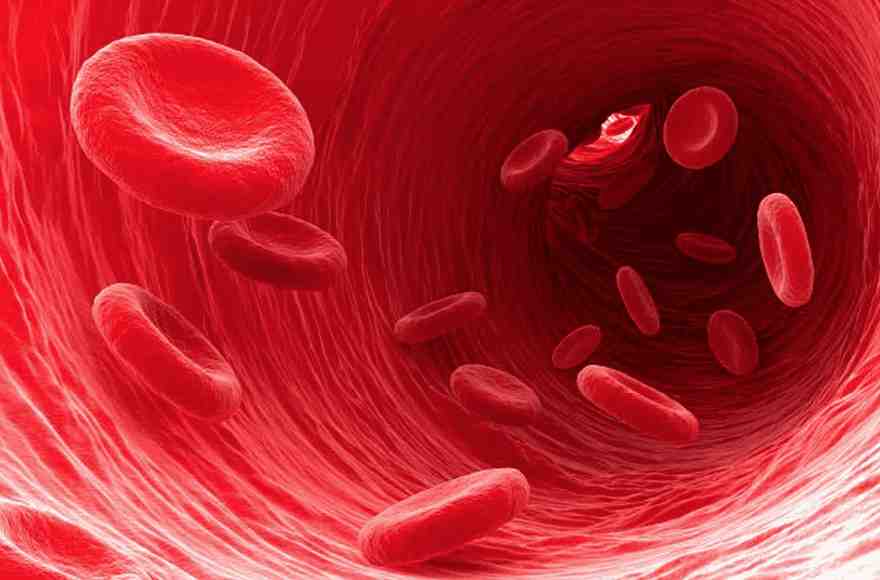
Imagine inflammation as a fire. Sometimes it’s a raging inferno, destroying healthy tissue and leading to chronic diseases. But other times, it’s a controlled burn, clearing away infection and promoting healing. Scientists are now exploring ways to reprogram inflammation, turning this double-edged sword into a powerful tool for treatment.
The Body’s Built-in Defense
Inflammation is a natural response to injury, infection, or toxins. It’s a complex process involving immune cells, chemicals, and specialized molecules. When it works properly, inflammation helps us heal and fight off invaders.
- Acute Inflammation: This is the short-term, helpful kind. It causes redness, swelling, heat, and pain, all signs that the immune system is battling something.
- Chronic Inflammation: When inflammation lingers for months or years, it becomes harmful. This can lead to conditions like arthritis, heart disease, and even cancer.
Traditional Treatments: Not Always Perfect
In the past, doctors often tried to completely shut down inflammation using steroids or drugs that target specific immune system signals. However, this approach can have side effects like increased risk of infection and weakened immunity.
The New Frontier: Reprogramming Inflammation
Scientists are now developing more targeted treatments that don’t eliminate inflammation altogether, but rather redirect it. Here are some promising areas of research:
- Macrophage Reprogramming: Macrophages are immune cells that play a key role in inflammation. Researchers are learning to shift them from a destructive (M1) to a healing (M2) state. This approach is being tested in patients with liver disease.
- Targeting Specific Cells: Different types of cells contribute to inflammation in various diseases. By identifying the key players, scientists can develop treatments that target those specific cells. For example, research is underway to target fibroblasts in rheumatoid arthritis.
- Boosting the Good Inflammation: In some cases, like cancer, inflammation can actually be beneficial. Researchers are exploring ways to use viruses or other tools to reprogram macrophages to better attack tumors.
The Future of Inflammation Management
These new approaches hold promise for treating a wide range of chronic inflammatory diseases. They offer the possibility of more effective and personalized treatments with fewer side effects. By understanding and manipulating inflammation, scientists are turning this natural process into a powerful tool for healing.


